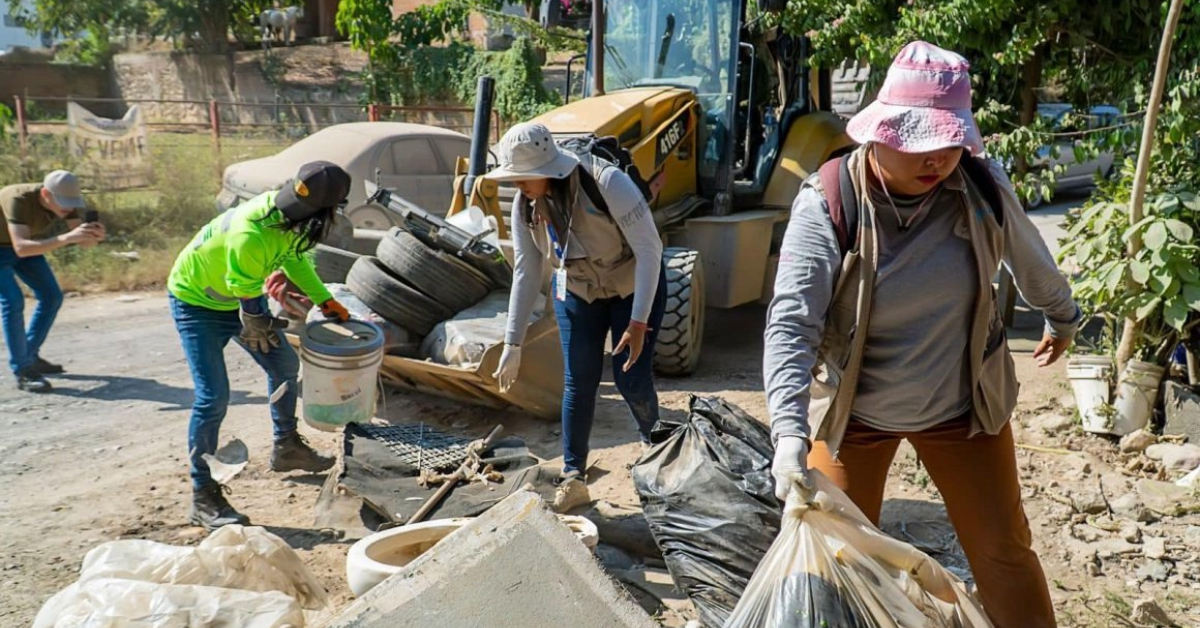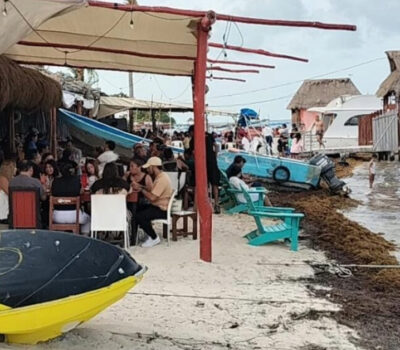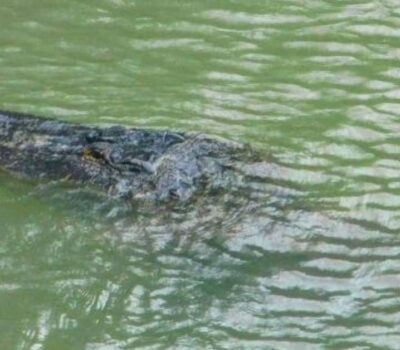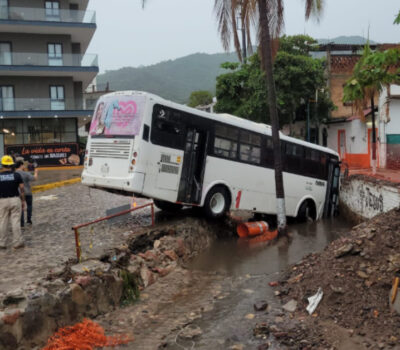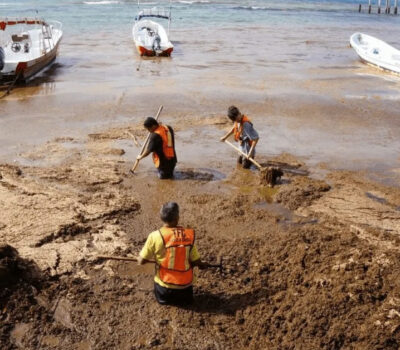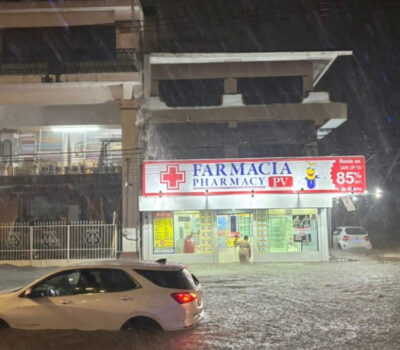Puerto Vallarta and Tomatlán report 144 dengue cases as of June 20, with most infections showing warning signs. Health officials credit decline to prevention efforts.
Health authorities in Jalisco have confirmed a total of 144 dengue cases in the North Coast-Western Sierra region as of June 20, with Puerto Vallarta accounting for the overwhelming majority. Dr. Jaime Álvarez Zayas, head of the eighth health region for the Jalisco Ministry of Health, shared the figures during a public health update, emphasizing both the seriousness of the outbreak and the recent downward trend in new infections.
According to the data presented by Dr. Álvarez Zayas, Puerto Vallarta has recorded 130 cases so far this year. Of those, 28 were classified as mild dengue, 98 as dengue with warning signs, and four as severe dengue. Meanwhile, the neighboring municipality of Tomatlán reported 14 total cases, broken down into five mild, eight with warning signs, and one severe.
Though the majority of cases in both municipalities fall under the “dengue with warning signs” category—which can include symptoms like persistent vomiting, abdominal pain, or bleeding gums—Dr. Álvarez Zayas noted that the region has not recorded any fatalities. This mirrors the current statewide trend, where no dengue-related deaths have been reported in Jalisco in 2025 so far.
A particularly notable detail of this year’s outbreak is the dominance of dengue virus serotype 3. The physician said that this serotype has been the most prevalent in the current wave of infections. Dengue virus has four distinct serotypes, and infection with one provides lifelong immunity to that type but not to the others, meaning repeated infections can pose a greater health risk.
Despite the rising case numbers earlier this year, Dr. Álvarez Zayas highlighted that recent weeks have shown a slowdown in transmission. He credited this to coordinated actions taken across municipal, state, and federal government levels, as well as active participation from the local population.
“Thanks to the preventive work being done by all three levels of government and the citizens themselves, we are now seeing a noticeable drop in infection rates,” said the health official. He underscored the importance of continuing these efforts throughout the rainy season, when mosquito breeding conditions typically intensify.
Dengue is a viral illness transmitted by the Aedes aegypti mosquito, which thrives in warm, humid environments and breeds in standing water. Typical symptoms include high fever, severe headache, muscle and joint pain, rash, and nausea. In more serious cases, the illness can progress to dengue hemorrhagic fever or dengue shock syndrome, both of which can be life-threatening.
Local health authorities continue to urge residents to eliminate standing water around their homes, use insect repellent, and allow entry to fumigation teams where necessary. Community education campaigns have also played a role, informing the public about the symptoms of dengue and the importance of early medical attention if symptoms arise.
While the reduction in infection rates offers some relief, health officials are not yet declaring victory. “We need to remain vigilant,” Dr. Álvarez Zayas warned. “The mosquito population can surge again if preventive actions are abandoned. Now is not the time to lower our guard.”
With the summer rains now in full swing, mosquito control efforts will likely intensify in high-risk zones, particularly in densely populated urban areas like Puerto Vallarta. Local health units are also expected to increase their monitoring and reporting efforts in the coming weeks.
As the rainy season progresses, officials say they will continue to monitor the situation closely and adjust strategies as needed to ensure the health and safety of residents and visitors alike.
Puerto Vallarta and Tomatlán report 144 dengue cases as of June 20, with most infections showing warning signs. Health officials credit . . .

